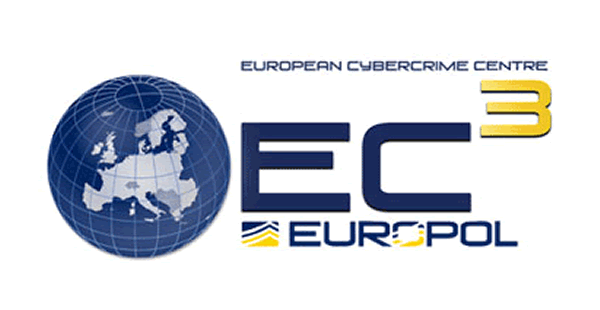The Europol IOCTA 2017 INTERNET ORGANISED CRIME THREAT ASSESSMENT REPORT
The 2017 Internet Organised Crime Threat Assessment (IOCTA) reports how cybercrime continues to grow and evolve.
While many aspects of cybercrime are firmly established, other areas of cybercrime have witnessed a striking upsurge in activity, including attacks on an unprecedented scale, as cybercrime continues to take new forms and new directions. A handful of cyber-attacks have caused widespread public concern but only represented a small sample of the wide array of cyber threats now faced.
This year’s report highlights how cybercrime continues to grow and evolve, taking new forms and directions, as demonstrated in some of the attacks of unprecedented scale of late 2016 and mid-2017.It further highlights the progressive convergence of cyber and serious and organized crime, supported by a professional underground service economy.
The report also describes some of the key challenges faced by law enforcement in terms of investigation and prosecution of cybercrime, highlighting many cross-cutting issues such as e-evidence challenges, and the need for adequate and harmonized legislation to address the specificities of cybercrime. The report goes on to list a number of key recommendations to address the phenomenon of cybercrime and identifies several priority topics to inform the definition of operational actions for EU law enforcement in the framework of the EU Policy Cycle. These include concrete actions under EC3’s three main mandated areas – child sexual exploitation online, cyber-dependent crime, and payment fraud, as well as cross-cutting crime enablers.
As in previous years, the 2017 IOCTA will inform the setting of priorities and help streamline resources within the EU and internationally to respond to cybercrime in an effective and concerted manner. Law enforcement continues to demonstrate that a coordinated, intelligence-led and adaptive approach by competent authorities, involving multiple sectors and partners can result in significant success in preventing cybercrime and mitigating its impact.
UNLIKE THE EQUIVALENT REPORT FROM THE UNITED STATES DEPARTMENT OF JUSTICE, THIS REPORT MENTIONS “ROMANCE SCAMS” BARELY TWICE. EMPHASIZING THAT IT IS NOT YET A SERIOUS FOCUS OF THE EU AND EUROPOL.



Anybody know Diane Gilmore maskarades as model vi vi estrada
I hardly ever get on Facebook. The time I did my SCAMMER caught me. I could kick my self I the ass over and over again for thinking this man could want me and love me so fast. All the signs were there but I had on my BLINDERS. How STUPID was I. If my family ever knew what I have done, they’d I don’t know what. I have even convinced myself that I could kill myself before I ever had to tell them what I did. They would never understand why I ever thought this was true. I still don’t know what I am going to do.
Can you help me to see if someone is a scammer on facebook
You can report them easily on our website, look in the menu or in the sidebar. Are you looking for help to get your money back?
ich werde fast täglich in Facebook angefragt und weiß großteils schon vor einer Kommunikation das es wieder ein Betrüger ist. Ich habe sehr viel recherchiert und kenne vieles von dem ich vorher keine Ahnung hatte. Erst ein schwerer Betrug hat mich auf die Spur gebracht wo man posten kann und wo man Profile melden kann.